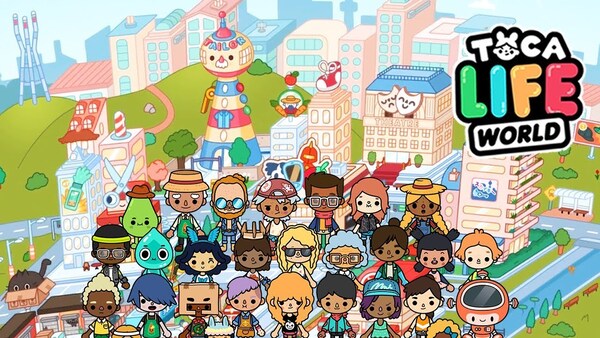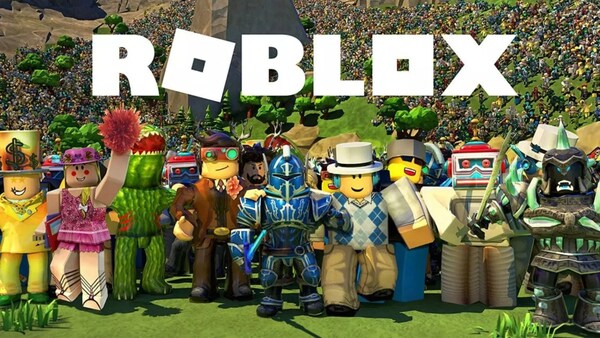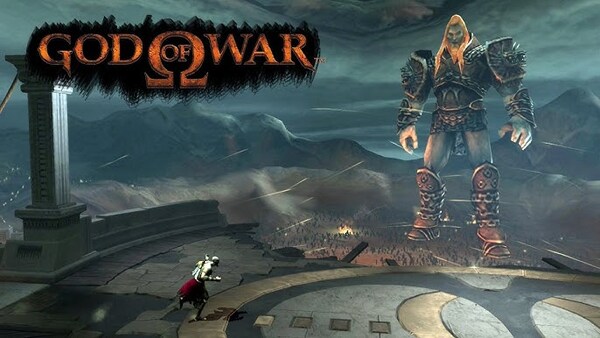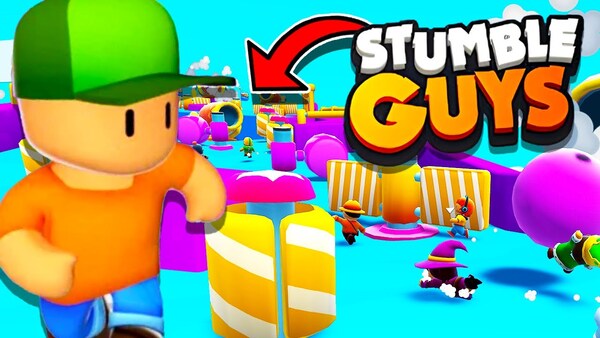Advertisement
Popular Now
Since its release in 2012, Clash of Clans (CoC) has become one of the most popular and widely played mobile strategy games, with millions of active users worldwide. Developed by Supercell, the game blends real-time strategy with elements of base-building, combat, and resource management. Players can create their own village, form clans, attack other players, and participate in wars for rewards and progression. While Clash of Clans has maintained a strong and dedicated fan base, one of the ongoing issues with the game is the concept of "pay-to-win" (P2W). This aspect, often discussed in mobile games, refers to a situation where players can spend real money to gain significant in-game advantages, thus reducing the importance of skill and strategy. This article explores how P2W mechanics in Clash of Clans have impacted the overall player experience, fairness, and the community, while also looking at potential solutions to address these concerns.
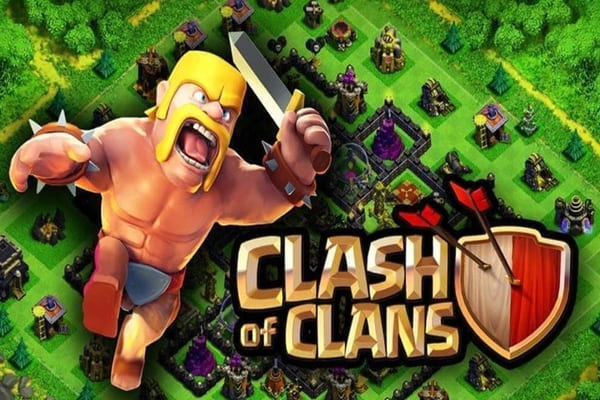
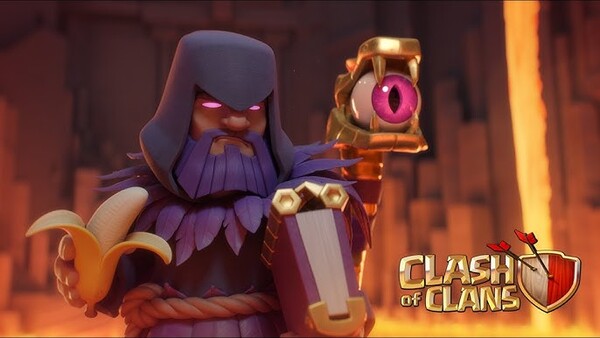 As Clash of Clans evolved, so did its approach to monetization. Over time, the game introduced more complex systems and faster progression through in-game purchases. Eventually, it became apparent that players who spent money could advance at a far quicker rate than those who didn’t, creating a pay-to-win dynamic. For example, players could spend real money to purchase resources, rush building upgrades, or complete troops training instantly, making their base stronger and more formidable than those who relied solely on grinding.
This shift created a disparity between paying players (often referred to as "whales") and non-paying players (also known as "free-to-plays" or F2Ps), leading to concerns about the fairness of the game and the impact on the overall player experience.
As Clash of Clans evolved, so did its approach to monetization. Over time, the game introduced more complex systems and faster progression through in-game purchases. Eventually, it became apparent that players who spent money could advance at a far quicker rate than those who didn’t, creating a pay-to-win dynamic. For example, players could spend real money to purchase resources, rush building upgrades, or complete troops training instantly, making their base stronger and more formidable than those who relied solely on grinding.
This shift created a disparity between paying players (often referred to as "whales") and non-paying players (also known as "free-to-plays" or F2Ps), leading to concerns about the fairness of the game and the impact on the overall player experience.
 The players who spend large amounts of money on the game, often referred to as "whales," play a significant role in the pay-to-win system. These players contribute a substantial amount of revenue to Clash of Clans, enabling the developers to maintain and update the game. While whales may enjoy the benefits of rapid progression and stronger bases, their presence can create a skewed competitive environment for other players.
Many free-to-play players find themselves at a disadvantage when facing whales in clan wars or multiplayer battles. These players may feel that they are simply unable to compete with those who can afford to purchase their way to victory. As a result, many free-to-play players grow frustrated with the game’s progression system, as it often feels like spending money is the only way to keep up with the competition.
The players who spend large amounts of money on the game, often referred to as "whales," play a significant role in the pay-to-win system. These players contribute a substantial amount of revenue to Clash of Clans, enabling the developers to maintain and update the game. While whales may enjoy the benefits of rapid progression and stronger bases, their presence can create a skewed competitive environment for other players.
Many free-to-play players find themselves at a disadvantage when facing whales in clan wars or multiplayer battles. These players may feel that they are simply unable to compete with those who can afford to purchase their way to victory. As a result, many free-to-play players grow frustrated with the game’s progression system, as it often feels like spending money is the only way to keep up with the competition.

1. The Rise of Microtransactions in Mobile Games
The introduction of microtransactions in mobile games, particularly free-to-play games like Clash of Clans, has fundamentally changed how developers monetize their titles. While these transactions are not a new concept in the gaming industry, their proliferation in mobile games has created a new dynamic between game design and player engagement.1.1 The Growth of In-Game Purchases
When Clash of Clans first launched, its monetization strategy primarily relied on players spending money on "gems," an in-game currency. Gems could be used to speed up processes such as building upgrades, troop training, or healing after battles. The game allowed players to grind for gems through gameplay, but it also offered the option to purchase them with real money, making it easier to progress quickly. While the gems were not necessary to enjoy the game, their use created a sense of urgency among players to spend money, especially when they wanted to speed up progression or enhance their base. This microtransaction model has become a key element of Clash of Clans' success, but it has also introduced the issue of fairness, as players who spend money have a distinct advantage in terms of progression.1.2 The Shift Toward "Pay-to-Win"
 As Clash of Clans evolved, so did its approach to monetization. Over time, the game introduced more complex systems and faster progression through in-game purchases. Eventually, it became apparent that players who spent money could advance at a far quicker rate than those who didn’t, creating a pay-to-win dynamic. For example, players could spend real money to purchase resources, rush building upgrades, or complete troops training instantly, making their base stronger and more formidable than those who relied solely on grinding.
This shift created a disparity between paying players (often referred to as "whales") and non-paying players (also known as "free-to-plays" or F2Ps), leading to concerns about the fairness of the game and the impact on the overall player experience.
As Clash of Clans evolved, so did its approach to monetization. Over time, the game introduced more complex systems and faster progression through in-game purchases. Eventually, it became apparent that players who spent money could advance at a far quicker rate than those who didn’t, creating a pay-to-win dynamic. For example, players could spend real money to purchase resources, rush building upgrades, or complete troops training instantly, making their base stronger and more formidable than those who relied solely on grinding.
This shift created a disparity between paying players (often referred to as "whales") and non-paying players (also known as "free-to-plays" or F2Ps), leading to concerns about the fairness of the game and the impact on the overall player experience.
2. The Effects of Pay-to-Win on Competitive Balance
One of the most significant consequences of the rise of pay-to-win mechanics in Clash of Clans is the effect on the competitive balance. In Clash of Clans, players are grouped into leagues based on their level and strength, and they are pitted against one another in multiplayer raids, clan wars, and other competitive modes. However, players who spend money to upgrade their bases, heroes, and troops quickly gain an advantage over their counterparts, making it much harder for free-to-play players to compete on equal footing.2.1 Imbalance in Clan Wars
In Clan Wars, one of the core features of Clash of Clans, players are matched against opposing clans of similar strength. However, the "pay-to-win" model often creates an imbalance, where wealthy players can purchase resources and speed up upgrades to make their bases more powerful, providing an unfair advantage during wars. In contrast, non-paying players must rely on long grind times to build and upgrade their base, giving paid players a substantial edge. This creates a situation where clans with paying members are likely to dominate wars, making it difficult for free-to-play players to win and progress. As a result, free-to-play players may feel excluded or discouraged, leading to frustration and, in some cases, abandonment of the game altogether.2.2 Progression Gaps
Another issue is the progression gap between paying players and non-paying players. Clash of Clans uses a progression system where upgrading buildings, heroes, and troops takes a significant amount of time. However, players who buy gems can speed up the process by rushing upgrades, making it possible to progress faster. This creates a large gap between players who spend money and those who do not, where the latter group is stuck waiting for upgrades while the former group moves ahead at a rapid pace. For new players entering the game, the prospect of closing this gap can feel discouraging. The sense of achievement that comes with progressing through the game becomes diluted when paying players can bypass significant portions of the grind by purchasing in-game currency.3. The Player Base Reaction to Pay-to-Win Mechanics
The rise of pay-to-win mechanics in Clash of Clans has caused mixed reactions within the player community. Some players have embraced the model, accepting that it is simply a way for the developers to monetize the game and provide an option for faster progression. Others, however, have criticized the game's reliance on microtransactions, arguing that it undermines the competitive nature of the game and makes it difficult for non-paying players to enjoy the experience.3.1 The "Whale" Effect
 The players who spend large amounts of money on the game, often referred to as "whales," play a significant role in the pay-to-win system. These players contribute a substantial amount of revenue to Clash of Clans, enabling the developers to maintain and update the game. While whales may enjoy the benefits of rapid progression and stronger bases, their presence can create a skewed competitive environment for other players.
Many free-to-play players find themselves at a disadvantage when facing whales in clan wars or multiplayer battles. These players may feel that they are simply unable to compete with those who can afford to purchase their way to victory. As a result, many free-to-play players grow frustrated with the game’s progression system, as it often feels like spending money is the only way to keep up with the competition.
The players who spend large amounts of money on the game, often referred to as "whales," play a significant role in the pay-to-win system. These players contribute a substantial amount of revenue to Clash of Clans, enabling the developers to maintain and update the game. While whales may enjoy the benefits of rapid progression and stronger bases, their presence can create a skewed competitive environment for other players.
Many free-to-play players find themselves at a disadvantage when facing whales in clan wars or multiplayer battles. These players may feel that they are simply unable to compete with those who can afford to purchase their way to victory. As a result, many free-to-play players grow frustrated with the game’s progression system, as it often feels like spending money is the only way to keep up with the competition.














